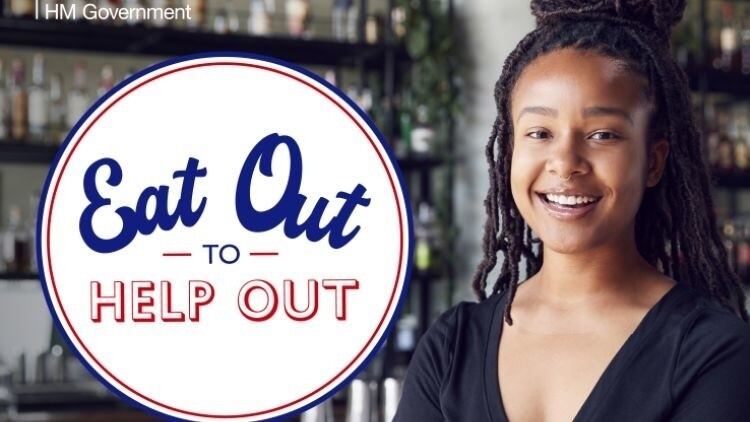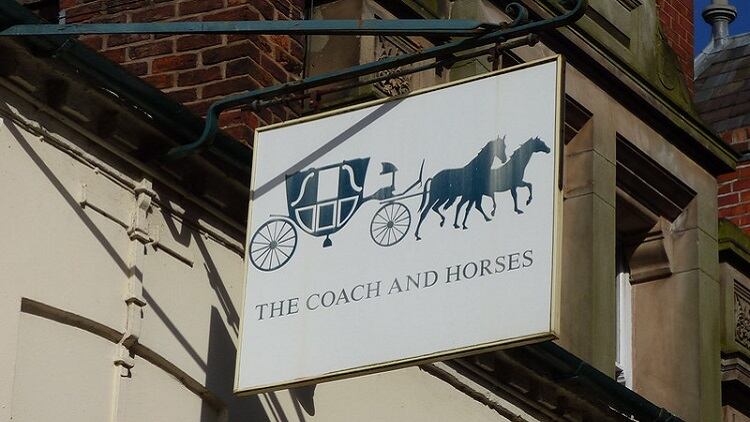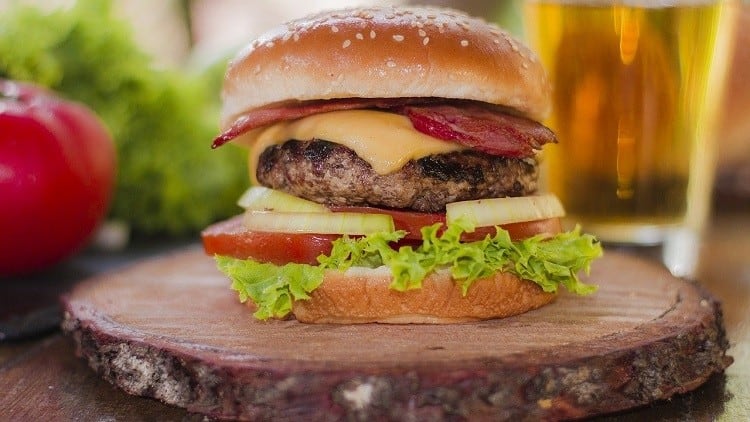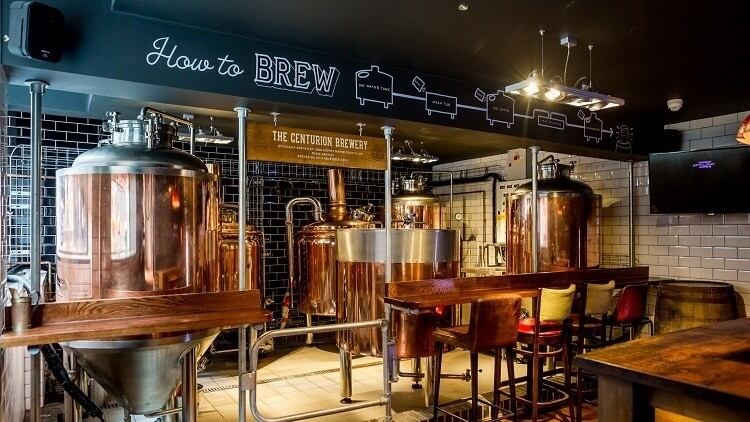A survey by global intelligence platform Streetbees found of the respondents who had dined out on Chancellor Rishi Sunak’s Eat Out to Help Out scheme, almost two thirds (60%) wouldn’t have done so had it not been for the 50% discount.
This data comes after figures from the Treasury revealed that more than 10.5m meals were claimed on the scheme during its first week, with over 83,000 hospitality businesses signing up.
Announced during the Chancellor’s Summer Statement on 8 July, Eat Out to Help Out allows operators to offer customers a 50% discount – up to a maximum of £10 per person – all day, every Monday, Tuesday and Wednesday between 3 August and 31 August for food and non-alcoholic drinks consumed on site.
Launched in a bid to entice Brits into pubs, bars and restaurants to stimulate the hospitality sector, the scheme is expected to cost the Government in the region of £50m based on the Treasury’s estimates that the average discount claim will be about £5. Nonetheless, the Government has set aside £500m to fund the initiative.
Standout crisis policy
Though initially dismissed as a “gimmick” by many when announced by the Chancellor, OpenTable data highlighted by the Centre for Economics and Business Research (CEBR) has found that in the first two weeks of the scheme the number of people eating in restaurants between Monday and Wednesday increased by 26.9% year-on-year on average.
This compares to an average 21.3% year-on-year decline for Thursday to Sunday in the same period.
However, looking at the annual change in diner numbers for the whole week commencing August 3, the average change is -7.1%, compared to -28.2% for the week before the scheme started.
Furthermore, CEBR has estimated shops, pubs and restaurants in London will lose out on approximately £178m in sales during August, a considerable improvement on July’s £600m shortfall.
CEBR’s chief executive Nina Skero predicts the Eat Out to Help Out impact on hospitality businesses recapturing lost income will be two-fold. “The first way is the obvious one – the discount is encouraging more people to spend money in eligible restaurants,” she explains. “The second way in which the scheme is helping along the economic recovery is less direct.
“While the name of the scheme is Eat Out to Help Out, the sentiment is clearly Get Out to Help Out. The goal isn’t just for people to eat in restaurants, but also to get back into the habit of socialising, making non-essential journeys, and being surrounded (albeit not too closely) by groups of strangers. It is arguably this push towards normality that will prove the biggest benefit of the scheme.”
“Judging by the restaurant visits data (and the sounds of clicking glasses and chatter in newly busy restaurant areas) it seems that by restoring confidence and giving people a taste of the old normal, Eat Out to Help Out is doing more to help the UK’s return to normality than the many changes in Government guidance have.”
Pubco impact
A number of pub companies have also praised the scheme for encouraging the public to visit sites at a time when 30% of them feel uncomfortable doing so according to Streetbees.
As previously reported by The Morning Advertiser (The MA), nationwide brewpub operator Brewhouse & Kitchen revealed its sales increased by 115% during the first six days of the Government’s Eat Out to Help Out scheme.
Following the staggered reopening of 17 of its 22 sites throughout July, Brewhouse & Kitchen had already recorded growth of 6.1% during its first four weeks of trading. However, this accelerated to 29.4% during the week ending 8 August.
What’s more, a number of pub companies told The MA that it had boosted takings across their estate.
Birmingham-based Mitchells & Butlers – the company behind brands such as Harvester, Toby Carvery, All Bar One and Miller & Carter – for example, explained that week-on-week sales on Mondays, Tuesdays and Wednesdays almost doubled during Eat Out to Help Out.
A spokesperson for Fuller’s added that the operator was seeing customers switching from later in the week to Monday to Wednesday due to the scheme.




